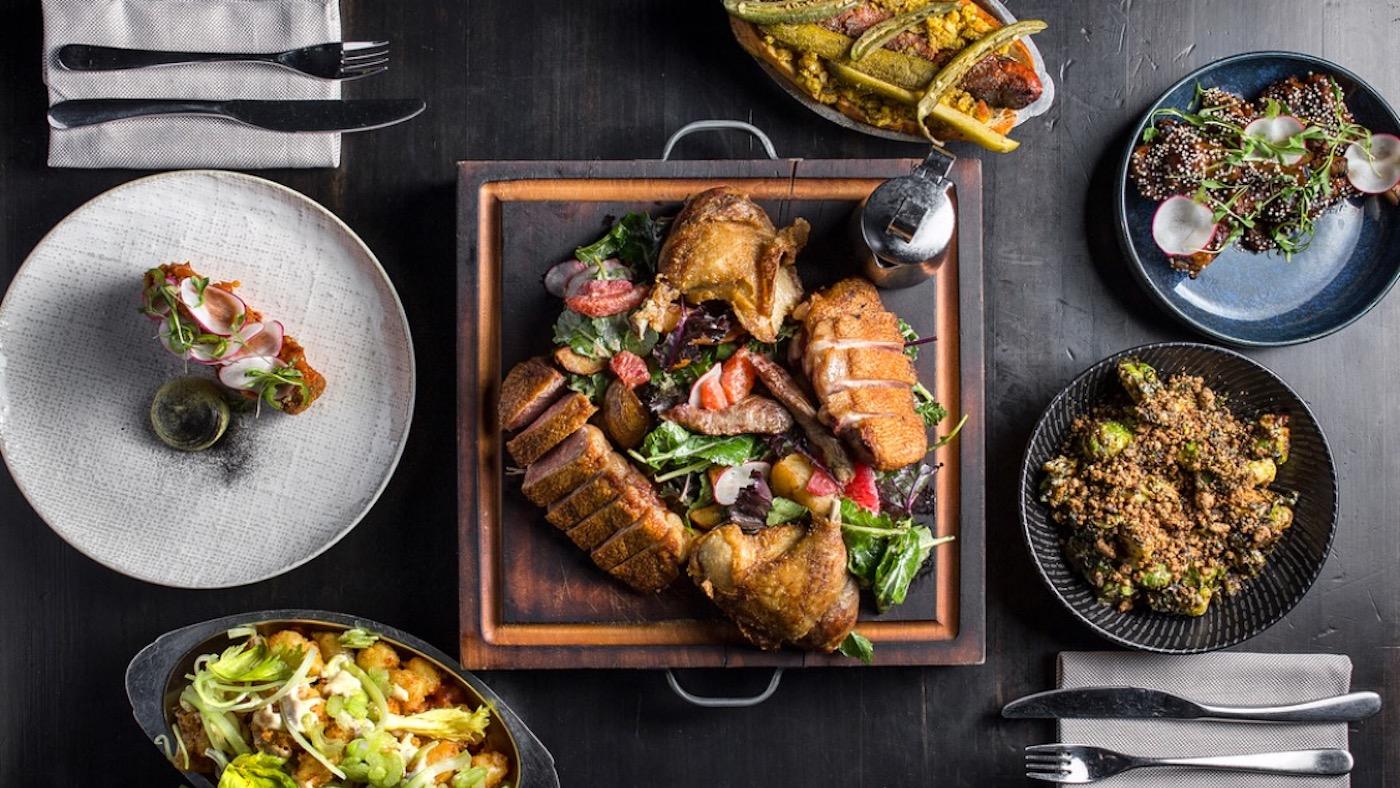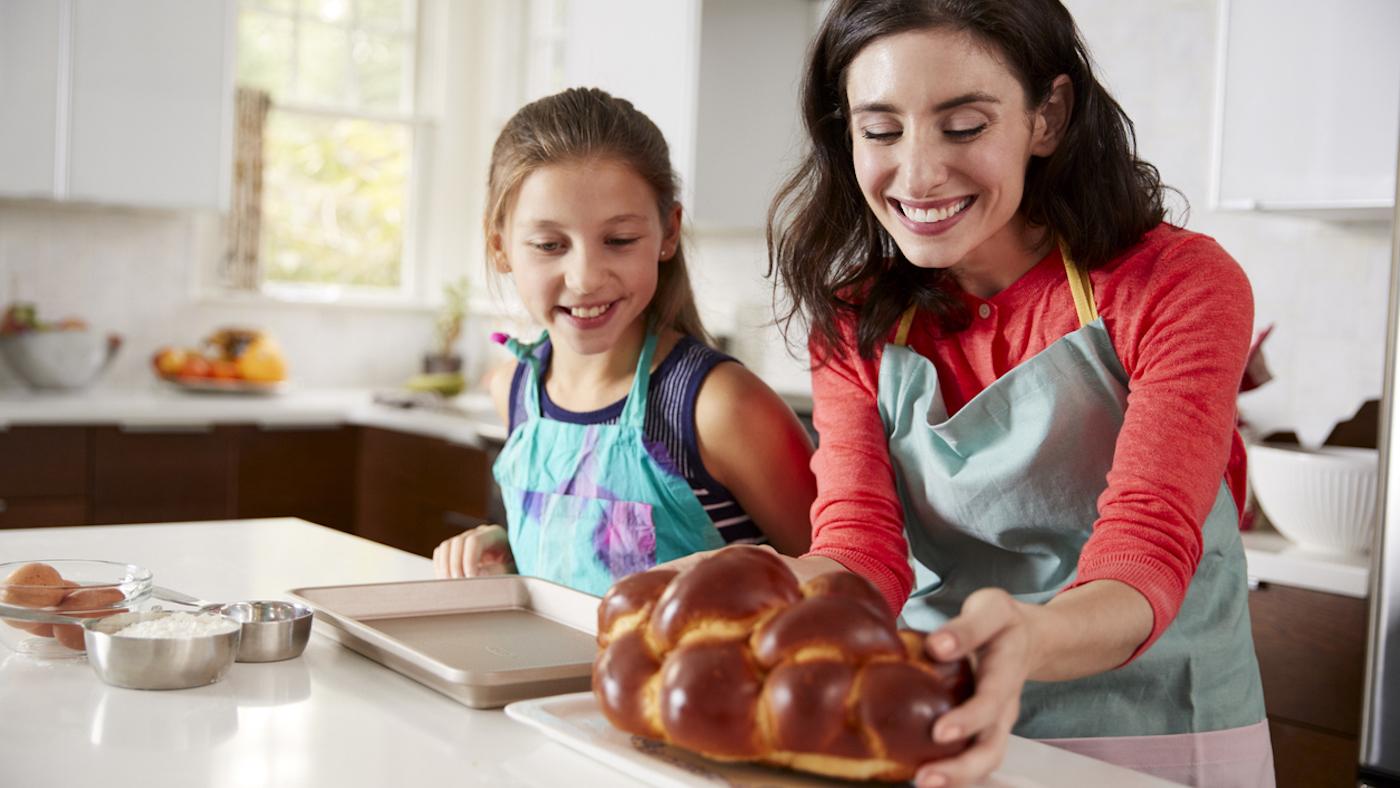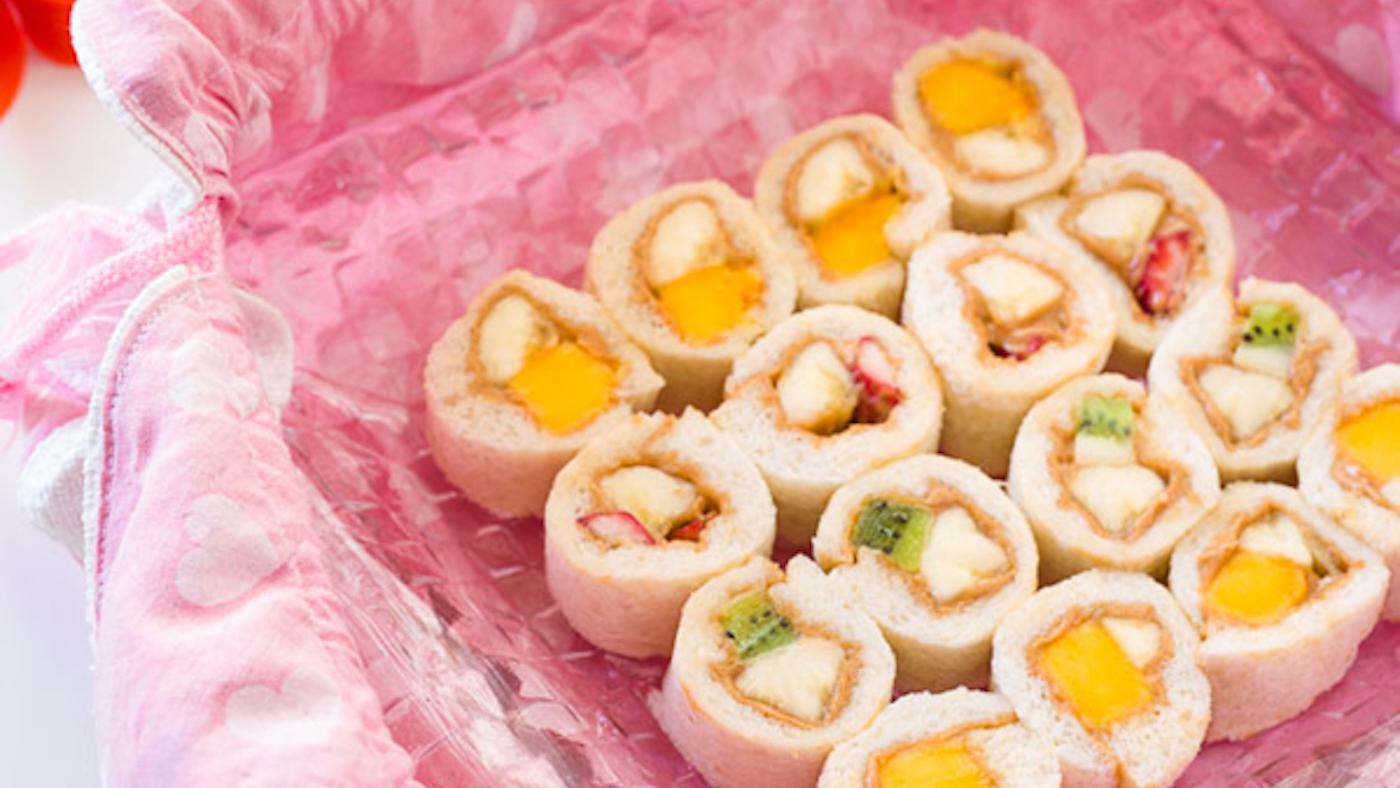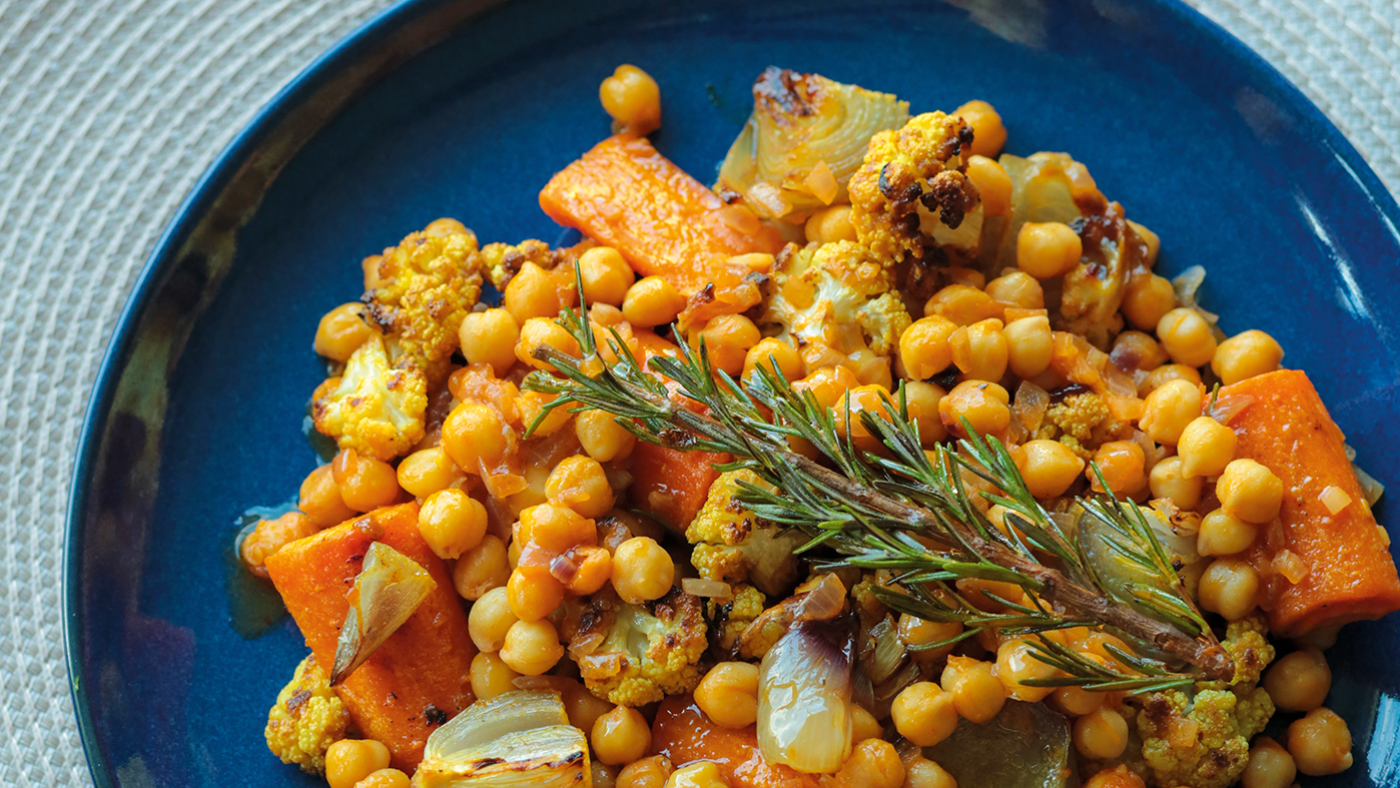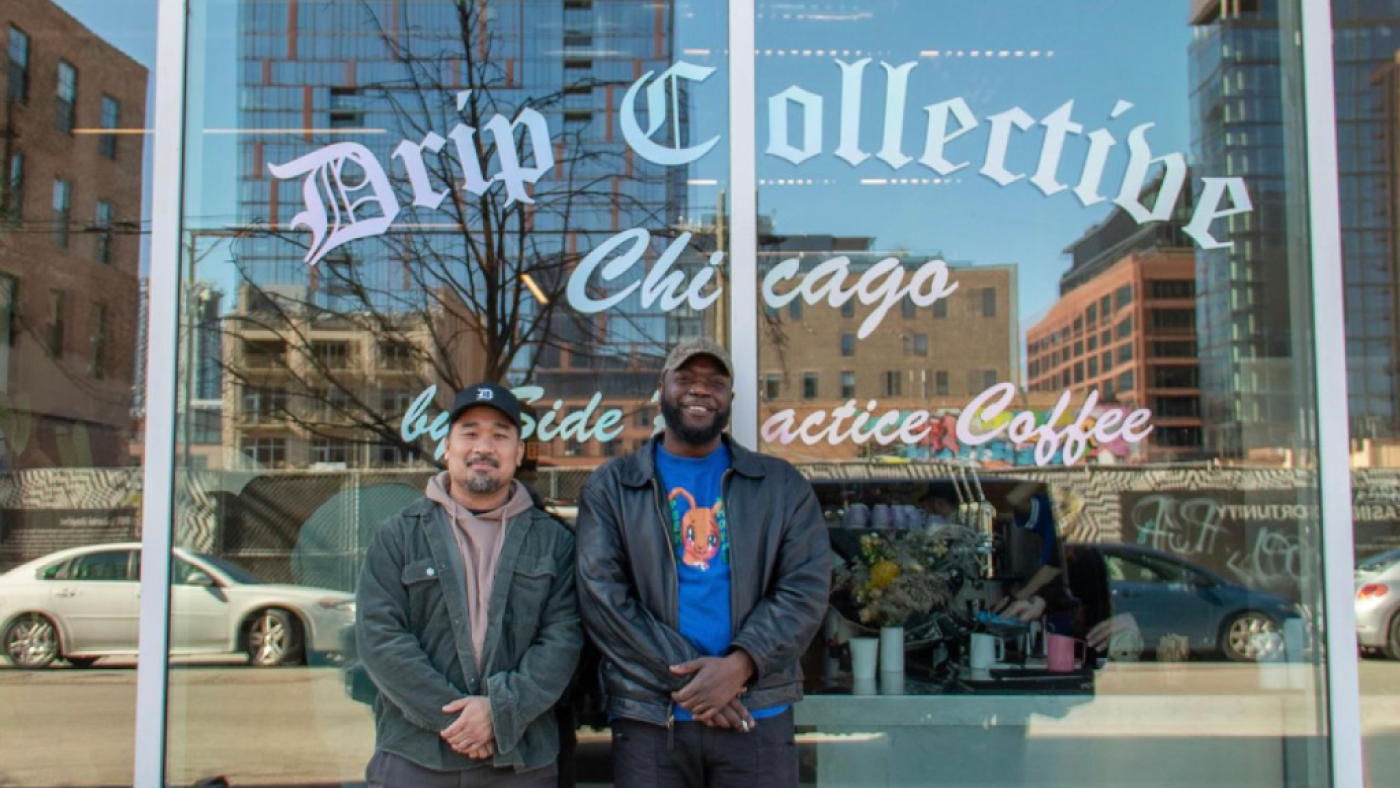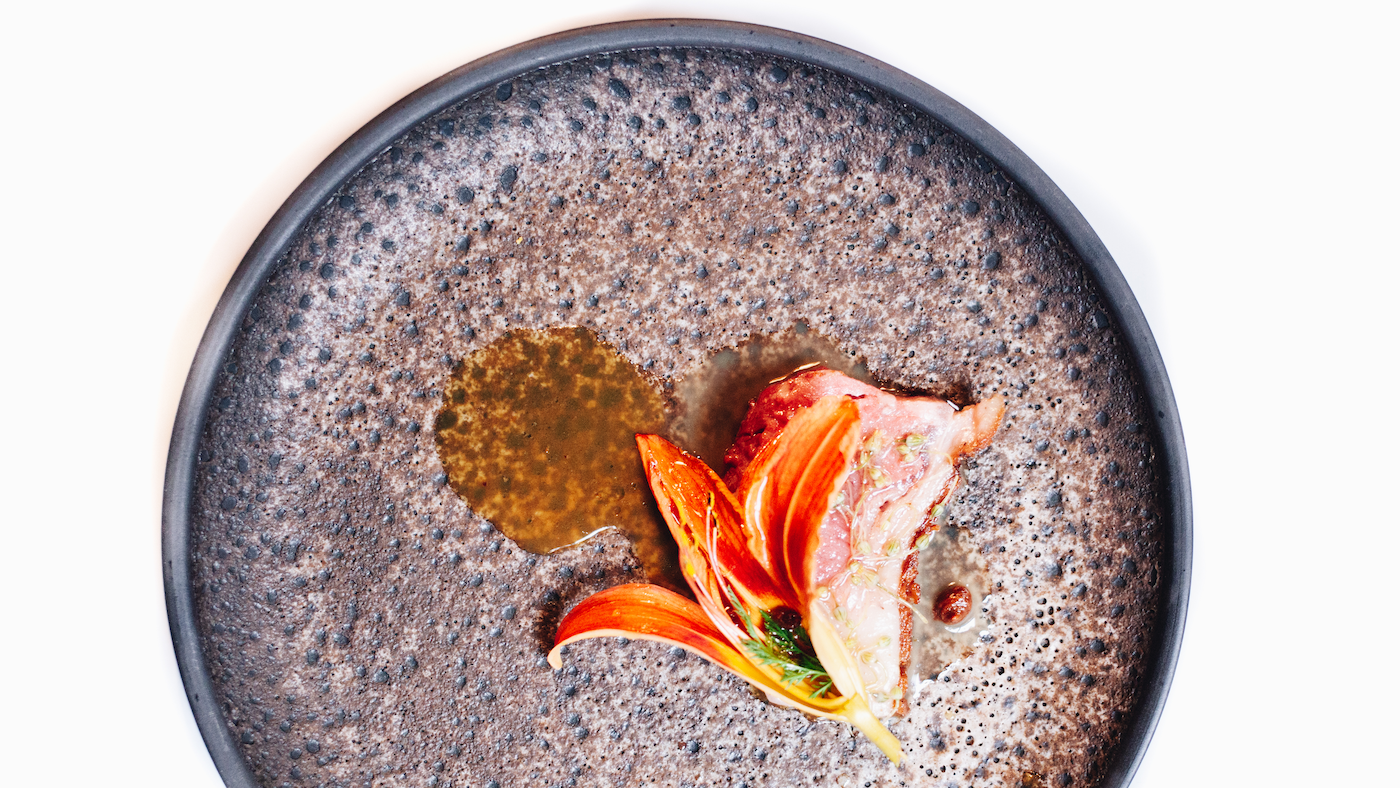Klein's Bakery & Cafe Provides a Taste of Home at the Holidays to Venezuelans in Chicago
Daniel Hautzinger
December 16, 2022
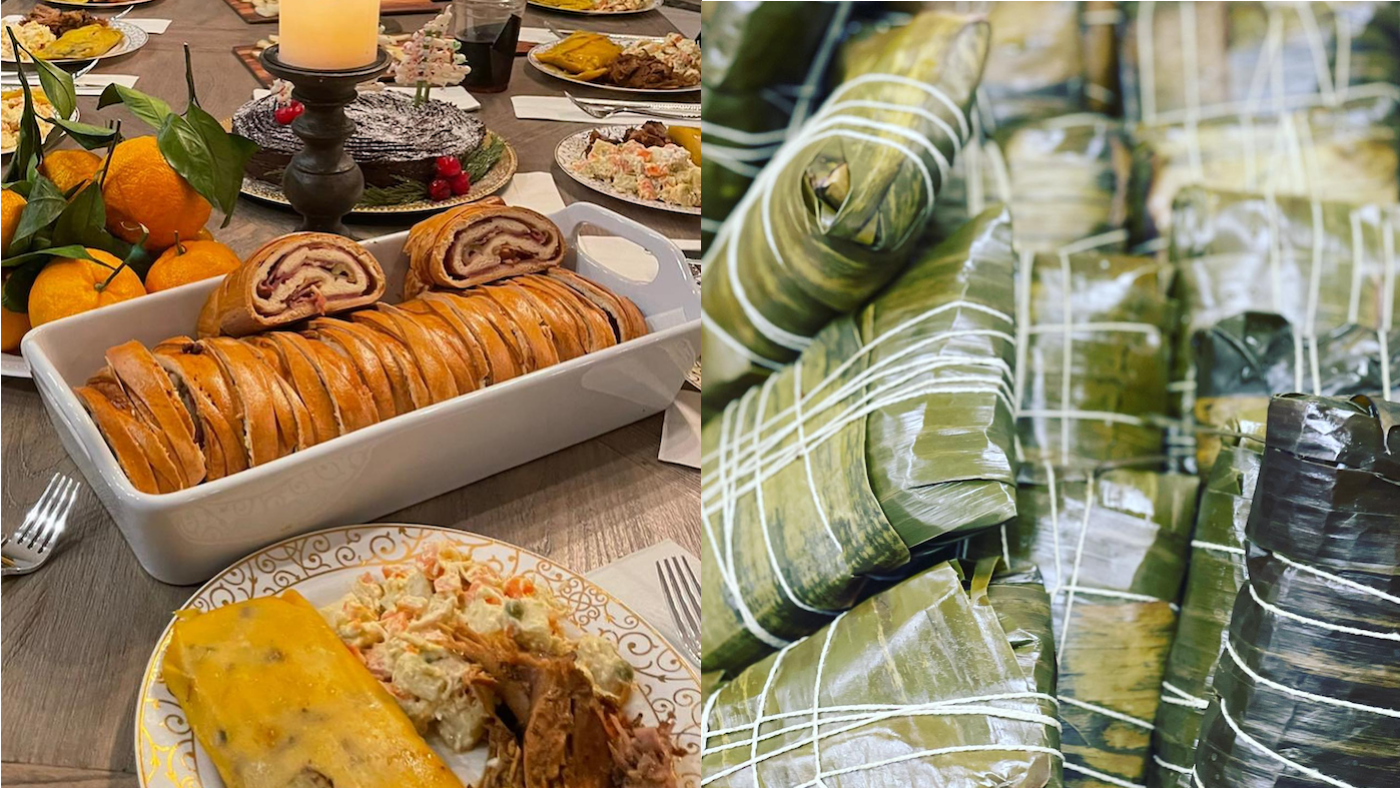
Get more food news and stories by signing up for our Deep Dish newsletter.
Every year at the holidays, sisters Jessica and Dayana Klein would gather with their large family in Venezuela to make hallacas. Similar to a tamale, a hallaca is a Venezuelan dish of stuffed cornmeal steamed in plantain leaves that is traditionally served at Christmas. (Unlike in tamales, hallaca dough is flavored with broth, dyed with annatto, and uses masarepa, which is not nixtamalized like the masa used in tortillas or tamales.)
“Everybody in your family goes, and everyone has a certain task,” Jessica explains. Grandmothers make the stewed filling of pork, beef, chicken, green olives, and raisins the night before—“If you ask any Venezuelan, they will say that their grandma’s hallacas are the best”—and teenaged cousins might make the dough. As music plays in the background, everyone gathers at a long table to assemble the hallacas: plantain leaf, dough, filling, wrap to close. “I have a huge family, so we would make like 500 and everybody would take like twenty,” Jessica says.
Now she and Dayana make hallacas at the holidays not with their family but with employees at their two locations of Klein’s Bakery & Cafe in Chicago, and sell them to customers instead of handing them off to relatives.
The Kleins, who came to Chicago in 2015, are not the only Venezuelans in the city who want to continue their holiday traditions but do not have their whole extended family here to join them. “When people immigrate, they come with just somebody else or their [immediate] family or two or three, so it is difficult to prepare hallacas—it’s a complicated procedure,” she explains.
That’s where Klein’s, the only Venezuelan bakery in the city, comes in. The sisters opened their first location, in Buena Park, in 2017, and their second, in Lakeview, two years later. Jessica, a former dentist, manages the Buena Park shop, and Dayana, once an accountant, takes care of Lakeview’s.
They learned to cook and bake from their grandmother, who sold cakes and baked goods from her home in Venezuela. “My sister, she was born an artist,” Jessica says of Dayana. “So my grandma taught me how to cook and [Dayana] was doing the decoration, so we were always a team.” Together with their grandmother, they would make cakes for the birthdays and weddings of family members.
When they came to Chicago, they decided to follow in their grandmother’s path and make baking their business. “We get to make my grandma proud for everything that she taught us when we were kids,” Jessica says.
In addition to pies, elaborately decorated custom cakes, and other American desserts, they also serve various Venezuelan specialties. Golfeados are similar to cinnamon rolls but include anise seed, shreds of the raw cane sugar piloncillo, and cheese in their filling. Croissant-shaped cachitos are slightly sweet bread rolls stuffed with ham or turkey and cheese. Chocolate pudding is layered with simple cookies for marquesa. There are also other Latin American flavors and treats: guava and cream pastries, flan, tres leches cake, and the dulce de leche and coconut-stuffed cookies alfajores.
At the holidays, in addition to hallacas, Klein’s also offers another staple of Venezuelan Christmases: pan de jamón, which is a rolled bread containing ham, bacon, honey, and green olives and raisins again. “You can find it only on the holidays,” Jessica says, “so we have to have it on our table!”
Venezuelans typically have their family holiday meal on Christmas Eve; Jessica will gather with Dayana, their brother, and her nieces and nephews to share hallacas, pan de jamón, potato salad, and a tres leches or chocolate cake. While the Kleins aren’t with their huge extended family, they have formed a Venezuelan community of sorts in Chicago: in addition to many of their customers, roughly 90% of their twenty or so employees are Venezuelan, according to Jessica.
She is associated with the nonprofit Panas en Chicago, which offers support to Venezuelans who have immigrated to Chicago. More than seven million Venezuelans have fled, leaving behind an economic crisis, food and medicine shortages, political strife, and other difficulties in their home country.
“Whenever I’m in need of some employees, I like trying to find one [via Panas en Chicago], because I like helping my brother from my country,” she says. “It can be a window for them to find a first job here with us until they get used to the city. We have people who were doctors in Venezuela who work here as baristas until they get their certification and they can work as a doctor here. We like being the kind of bridge, that they start here so they can figure out what they’re going to do.”
She continues, “It’s possible for them to be here and feel like a family. Making Venezuelan food, they feel a little bit closer [even though] it’s so far from them.”

